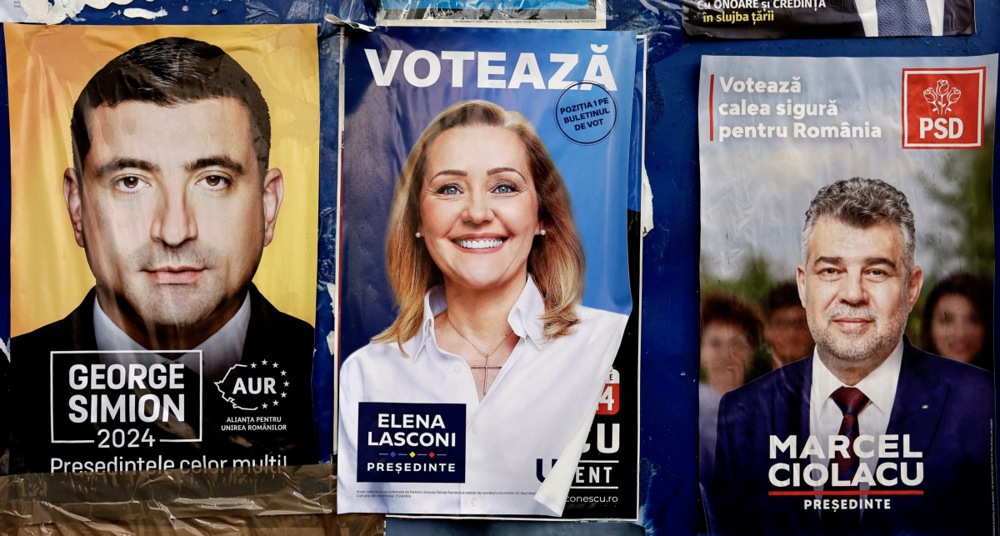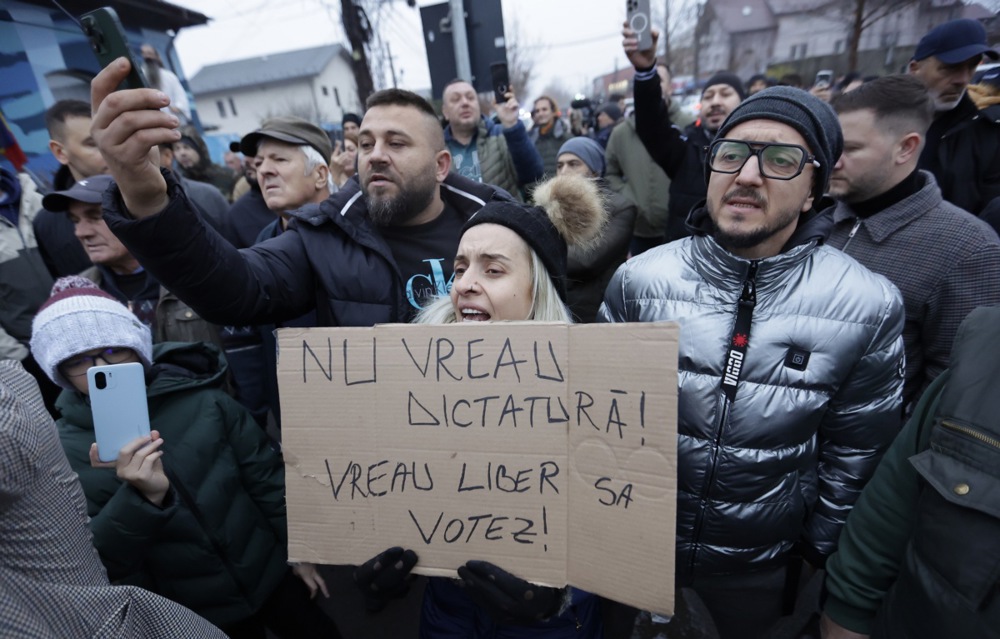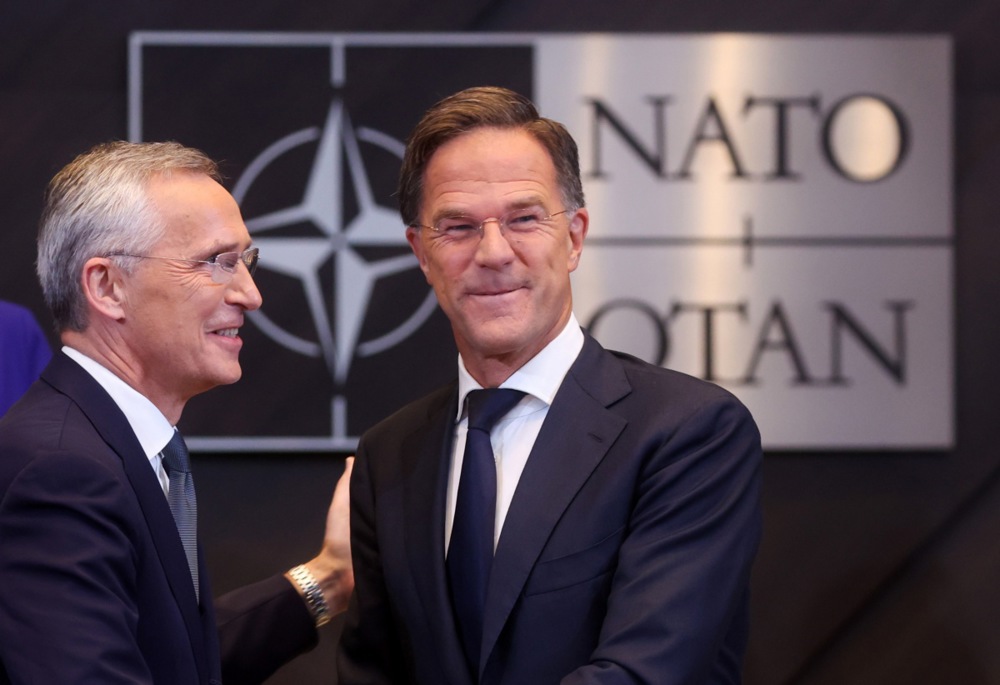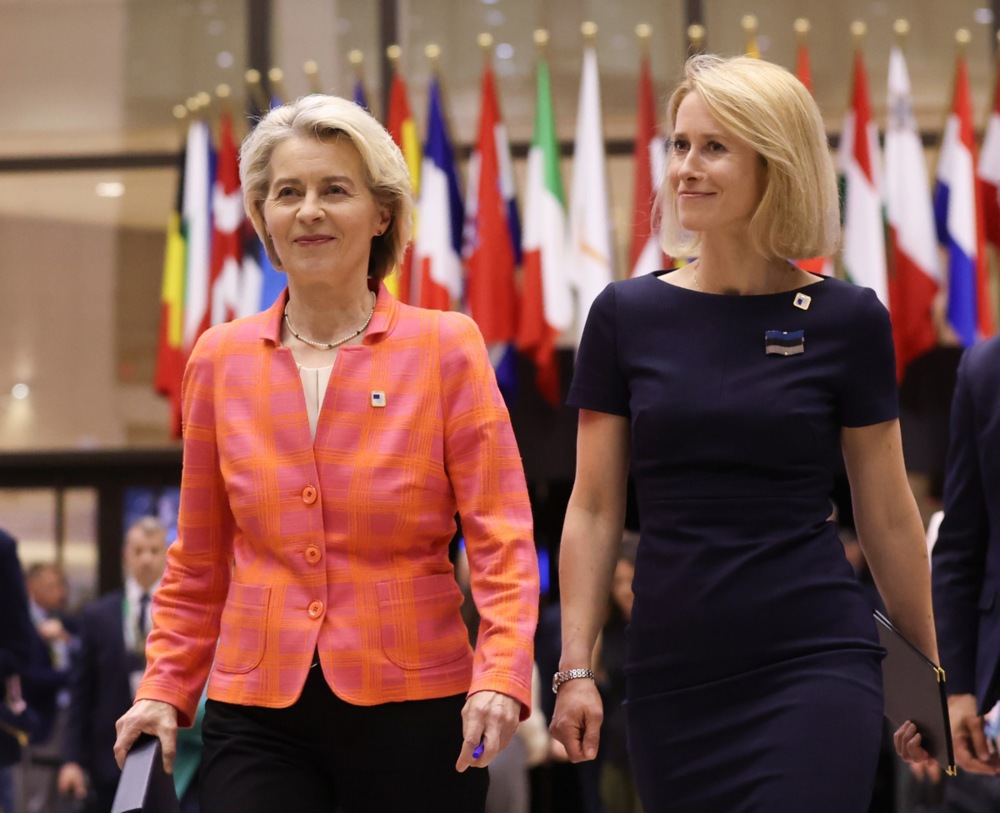Croatia is heading to a presidential run-off marked by stark differences between the two opposing candidates: the social democrat populist President Zoran Milanovic and the conservative contender Dragan Primorac.
Milanovic is known for his populist discourse and critical rhetoric toward the West, while Primorac has promised reconciliation and political stability. The situation is likely to reinforce the country’s polarisation, experts said, leaving out more moderate or alternative options.
On the international stage, Milanovic has been a controversial leader, particularly for his criticism of Western policies regarding the war in Ukraine, causing tension with European partners.
Primorac, by contrast, has promised closer alignment with Brussels and NATO, positioning himself as a defender of Croatia’s traditional relationships in the global arena.
In the first round, Milanovic, candidate of the Social Democratic Party (SDP), secured 49 per cent of the votes, falling just short of the absolute majority needed to guarantee re-election.
Primorac, backed by the Croatian Democratic Union (HDZ), achieved a distant 19 per cent but enough to secure a spot in the January 12 run-off.
According to the Electoral Commission, Milanovic led in all 21 regions of the country, while Primorac was the favourite among Croatians living abroad, particularly in Bosnia and Herzegovina.
Voter turnout stood at 46 per cent, a significant drop from the 62 per cent recorded in the Croatian parliamentary elections last April.
Milanovic, 58, is seeking a second term, leading a coalition of nine centre-left parties. He combines his progressive promises with populist rhetoric that has swung between criticism of Western policies toward Ukraine and firm opposition to Russia.
Primorac, 59, aims to attract moderate and conservative voters, positioning himself as an alternative to what he has described as a “polarising government” under Milanovic.
Although the presidential role in Croatia is mainly ceremonial, it remains a symbol of political balance in the country of 3.8 million people. The country is a member of the European Union and NATO.
The preliminary outcome surprised analysts as exit polls, such as those from Ipsos, had projected a direct victory for Milanovic with 51.48 per cent of the votes.
Instead the results confirmed the need for a run-off, highlighting to many a divided electorate.
The contest also appeared to reveal a shift toward the extremes of the political spectrum.
Conservative independent Marija Selak Raspudic came third with 9 per cent, followed closely by Ivana Kekin of the left-wing Mozemo (We Can) party.

The confrontation between Milanovic and Primorac has illustrated a recurring polarisation in Croatian politics, where the SDP and HDZ have historically dominated.
Still, the rise of candidates such as Selak Raspudic and Kekin has signalled a shift in voter preferences that could prove pivotal in the run-off.
With Selak Raspudic and Kekin’s voters representing nearly 18 per cent of the combined electorate, the next two weeks will be crucial for both run-off candidates to attract this support.
Milanovic may look to reinforce his progressive message to win over Kekin’s followers, while Primorac could try to rally Conservative voters aligned with Selak Raspudic.
The January 12 contest will likely prove pivotal for Croatia’s political future. For some, Milanovic represents “the last barrier to prevent all levers of power from falling into the hands of the HDZ,” one voter in Zagreb noted.
Amid uncertainty and social tensions, the run-off will decide the next president as well as the political and social direction of a deeply divided country.
COMMENT: Trump understands that NATO is the most successful alliance in history and it must rescue Ukraine from the Russians and the Russians from the embrace of the Chinese, writes @ConradMBlack. https://t.co/GcAoDyJwdf
— Brussels Signal (@brusselssignal) November 20, 2024





